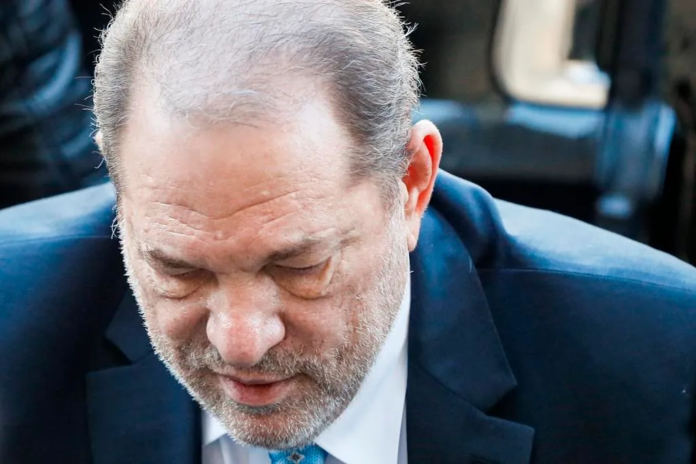New York’s highest court has overturned Harvey Weinstein’s 2020 rape conviction, citing procedural errors in the trial process. This ruling has left many women who celebrated the progress made during the #MeToo era feeling shocked and disappointed, while also reigniting discussions about the complexities of justice in cases of sexual misconduct.
The court’s decision was based on the trial judge’s allowance of testimony against Weinstein that pertained to allegations not directly related to the case at hand. While Weinstein, 72, will remain in prison due to a separate conviction in Los Angeles in 2022, this ruling has reopened wounds for those who testified against the former movie mogul in New York.
Although some may interpret this decision as a setback, #MeToo advocates emphasize that it does not negate the cultural impact of the original trial. They assert that the trial was a crucial moment in shifting societal attitudes towards sexual assault, sparking important conversations and raising awareness about the prevalence of abuse of power in various industries.
While Weinstein’s legal battles continue, the reverberations of this ruling serve as a reminder of the ongoing struggle for justice and accountability in cases of sexual misconduct perpetrated by powerful individuals.





